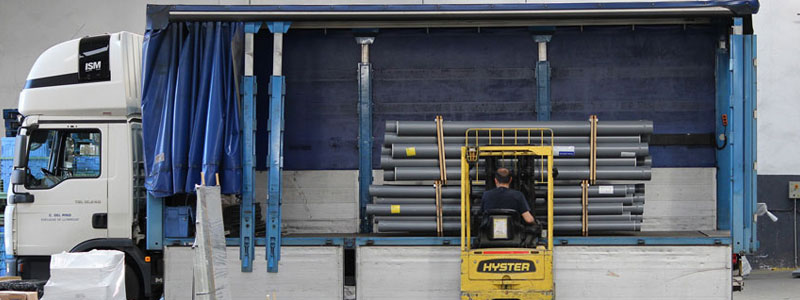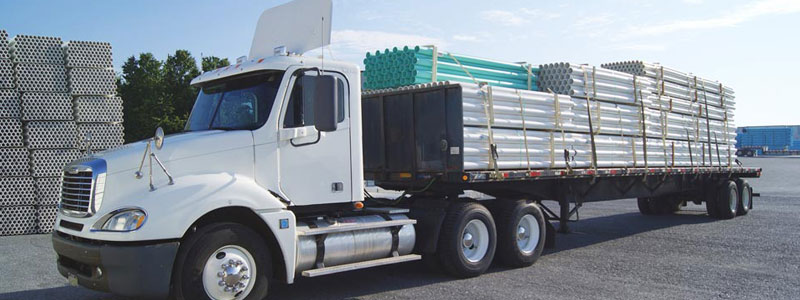Why Overloaded Semi Trucks Threaten Traffic Safety
In 2002, only 22 percent of Americans shopped online, according to Pew Research Center. In 2016, only 14 short years later, that number was up to 79 percent. More than ever, we’re trusting trucks to deliver packages on time with the click of a button. That includes commercial 18-wheelers. Over 70 percent of all freight […]

December 13, 2017

In 2002, only 22 percent of Americans shopped online, according to Pew Research Center. In 2016, only 14 short years later, that number was up to 79 percent.
More than ever, we’re trusting trucks to deliver packages on time with the click of a button. That includes commercial 18-wheelers. Over 70 percent of all freight moved in the U.S. is moved by semi trucks, according to the American Trucking Associations.
With a surplus of cargo and a growing shortage of truckers to haul it, trucking companies are eager to use every inch of space in a trailer for cargo. That way, routes are more efficient, and the company saves money.
However, some companies take their desire for efficiency too far and pressure their employees to overload trucks. Semi trucks are dangerous enough to operate in the first place. An overloaded semi truck becomes an even greater risk for a semi truck accident.
Indiana Size and Weight Restrictions

According to the Indiana Department of Revenue’s Motor Carrier Services, truck drivers must have an oversize and/or overweight vehicle permit if their vehicle exceeds:
- Height: 5 ft
- Width: 5 ft
- Length: 60 ft (two-vehicle combination) or 53 ft (semi-tractor-semi-trailer combination)
- Weight: 40 tons gross vehicle weight (subject to axle weights)
If the trucker’s application for a permit is approved, he or she can print and pay for the permit. The permit system makes sure that dangerously overloaded vehicles stay off of Indiana’s roads.
What Makes an Overloaded Semi Truck Dangerous?

A semi truck with a typical load takes 20 to 40 percent longer than cars to come to a complete stop. This extra distance only increases when roads are wet with rain or snow.
Imagine, then, how much more difficult it is to stop an overloaded semi in a short amount of time. This puts other vehicles around the semi truck at risk. If traffic slows, an overloaded semi may not be able to stop in the time a regular semi could, rear-ending whoever is in front of them and causing an accident.
In addition to putting an immediate strain on a truck’s ability to stop, an overloaded truck also contributes to long-term brake problems. Continuously hauling heavy loads can cause brake failure altogether. A 2006 report from the Federal Motor Carrier Safety Administration (FMCSA) found that roughly 41,000 semi trucks crashed due to brake failure and other brake-related issues. Overloading a semi truck and risking brake failure is simply too dangerous.
Overloading can also cause load-shifting. Load-shifting occurs when the cargo in a trailer shifts during travel. The shifting weight can cause the truck to lose stability and force it to drift outside of its lane or roll over.
Then there is the question of whether or not a road can handle such a heavy load. You’ve probably seen signs before that say “NO HEAVY TRUCKS” or “WEIGHT LIMIT” followed by a specific amount, typically measured in tons. Overweight trucks can damage roads that aren’t built to support them.
Help from an Indiana Truck Accident Lawyer
The reason overloaded trucks require permits is because they can increase the risk of a semi truck accident. If you’ve been injured in a semi truck accident, an Indiana truck accident lawyer can help determine whether or not the truck was overloaded and how that might affect your case. Call Hensley Legal Group today or contact us online for a free case review.